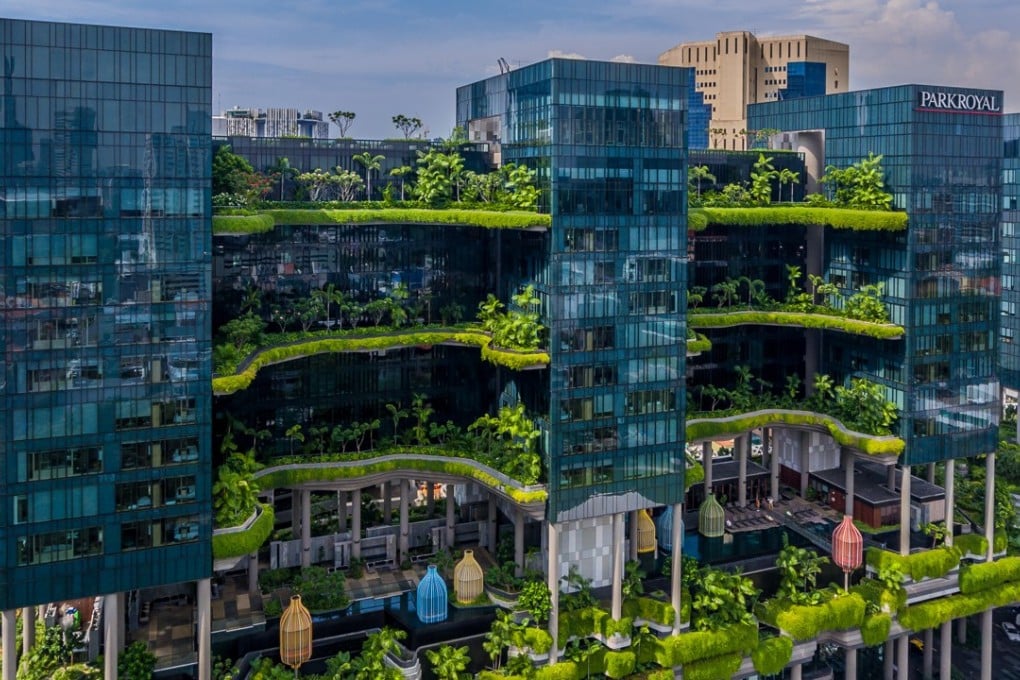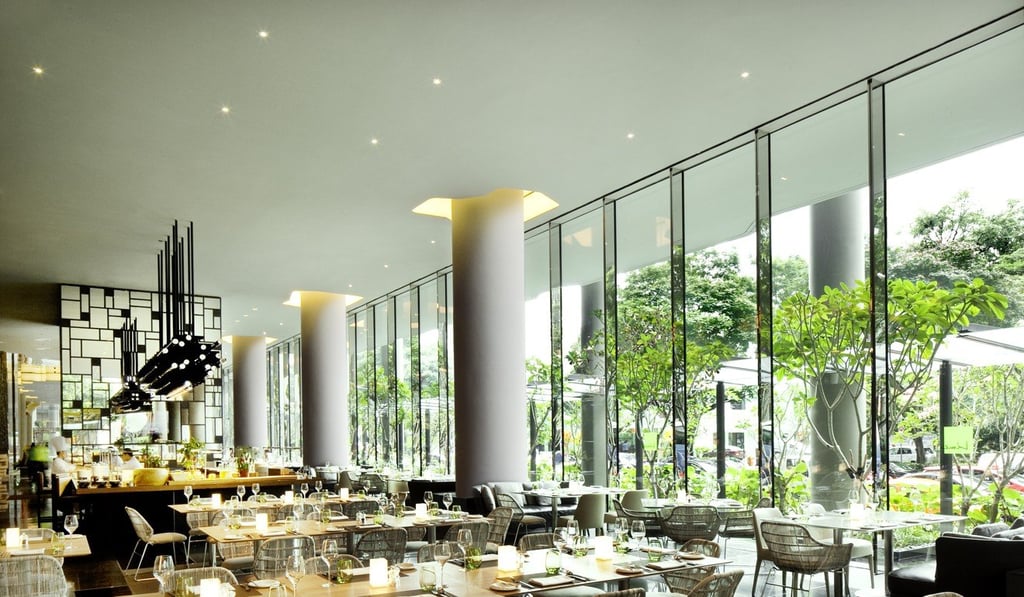How Singapore hotels benefit from going green, as well as helping the planet
The Lion City roars ahead with innovative energy systems, food waste initiatives and more in response to demand for genuine sustainable travel options

Fed up with “greenwashing”, whereby hospitality businesses tout cost-saving or profit-making practices as green initiatives? In Singapore, a nation that prides itself on its clean, green image, 2018 has been declared the Year of Climate Action by the National Environment Agency, but are the Lion City’s hotels really doing their bit? I’m on a mission to find out whether Singapore can do better than just offering to not wash my towels.
According to the United Nations World Tourism Organisation, 5 per cent of the world’s carbon dioxide emissions is produced by international tourism, with accommodation pumping out 20 per cent of that. Environmentally conscious consumers are therefore recommended to choose hotels with third-party eco-certification, but this is seemingly impossible to find in Singapore.

Ethical booking website Bookdifferent.com, for example, does not list any eco-certified hotels for Singapore, and TripAdvisor’s Green Leaders programme, active in 66 markets worldwide, has no participating hotels in the city state. This apathy seems to extend continent wide; according to non-profit organisation Green Hotel World, Asia is the worst performing continent, with only 0.9 per cent of its hotels certified by a third party as “green”.
The lack of certification is puzzling, as there is apparently money to be made: a worldwide study of 7,000 guests commissioned by AccorHotels in 2016 indicated that two-thirds of visitors would be prepared to pay a little more for a hotel engaging in green practices. The company’s vice-president of communications and corporate social responsibility, Asia-Pacific, Gaynor Reid, says, “Our guests are really demanding eco-friendly hotels, especially our corporate clients, as almost three quarters of them have a responsible purchasing policy.”
